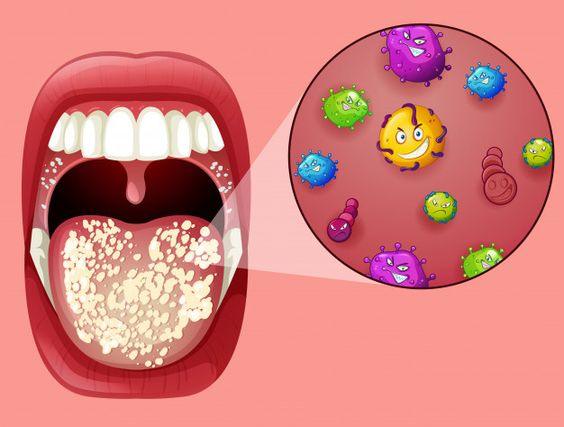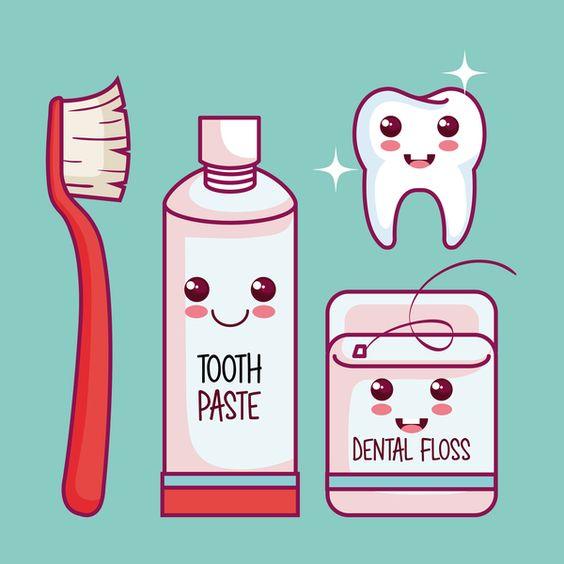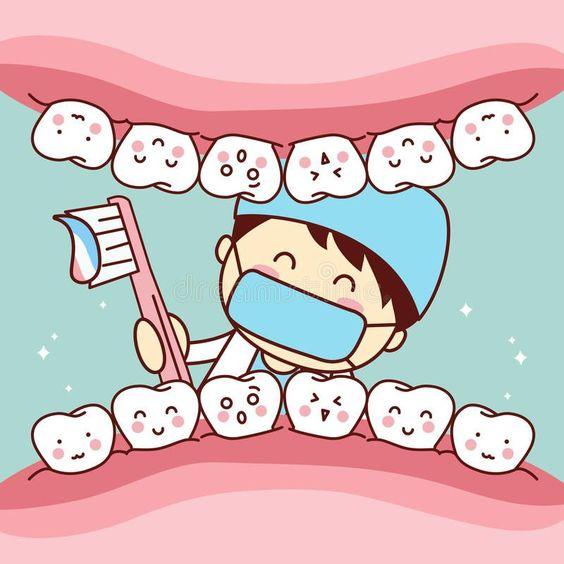
When you visit the dentist we will always discuss your plaque and calculus retention, however what actually is plaque and why should we care so much about it?
We should start with the fact that plaque is completely normal and occurs in everybody’s mouth (even dentists). It is plaque management through your oral hygiene practices which determine how healthy your teeth and gums are.
What plaque can do?
Plaque is a sticky biofilm that builds up on the tooth surface caused by the streptococcus mutans and other anaerobic bacteria that naturally live in your mouth. This bacteria can collect on the surface of your teeth creating a biofilm which generally start along the gum line.

When we consume foods high in sugar or simple carbohydrates the bacteria in our mouth feed on these sugars which in turn creates more plaque in our mouth. Our main concern with dental plaque is the production of acid. Acid is produced by plaque that is left on the tooth surface for extended periods of time. Acid exposure on the tooth will eventually wear the enamel/ dentine away resulting in tooth decay.
Another complication from plaque is the formation of calculus/ tartar. If plaque is left on the tooth surface it can harden to produce calculus. Calculus creates irritation of the gums which can lead to gingivitis. If calculus is left to build up over an extended period of time, periodontitis may occur.
Managing plaque
As we said earlier that plaque occurs in everybody’s mouth and cannot be avoided. You can be proactive in its management though to avoid any damage to your teeth or gums.

- Brushing twice a day will physically remove any plaque that has built up on your teeth and gums through the day and night. Even better if you use a fluoride toothpaste as this will help restore damaged enamel and strengthen your teeth to prevent cavities.
- Flossing daily will remove plaque/ bacteria from in between your teeth along with reducing your calculus build up too.
- By limiting the amount of sugar and simple carbohydrates you are keeping the bacterial levels in your mouth to a minimum. The bacteria in your mouth thrive off sugar and acidic environments.
- Saliva plays an important role in rinsing bacteria off your teeth. Drinking water throughout the day and in between meals can increase your saliva flow, along with chewing sugar free gum.
Dental visits

It is our role as dental professionals to make your mouth as healthy as it deserves to be. It’s important to visit us every 6 months so we can clean any areas where calculus has built up, along with checking your teeth and gums. At your preventative care appointments we will demonstrate and discuss any areas to help you improve your everyday oral hygiene regime. You can minimise any damage caused by plaque at home and it’s our job to keep you on the right track.
Ashleigh Lilly
Return to blog

